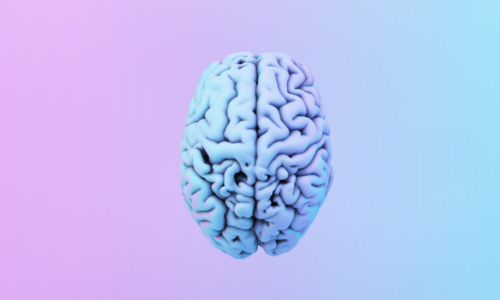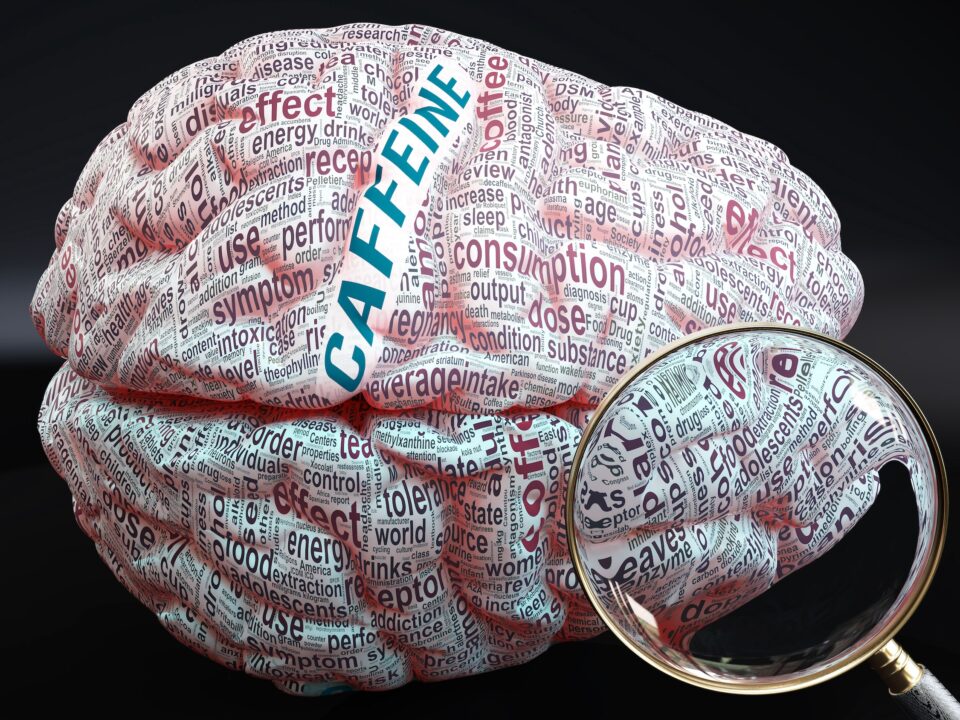A good diet can help with anxiety and panic disorders
People with Parkinson’s can often experience non-motor symptoms such as anxiety and panic disorders.
Anxiety is a condition that causes fear, worrying, and/or nervousness. The fears may or may not be based on reality.
Anxiety can have severe effects, causing feelings of fatigue, and can affect sleep, work, and even relationships. Some people with Parkinson’s avoid social engagements, for example, for fear of being criticised or judged by others.
Panic disorder is another kind of anxiety, in which a person has a sudden attack of uncontrollable terror. It can cause shaking, panting or trouble breathing – each of which can also present as Parkinson’s symptoms. Panic attacks make Parkinson’s symptoms much worse and can even stop medications from working.
What causes anxiety and panic disorders?
For some people, low blood levels of nutrients such as iron, vitamin D, and vitamin B6 are related to anxiety and panic disorders. And, for reasons not entirely clear, many people with Parkinson’s have been found to have low levels of these nutrients.
Iron is involved in the production of some neurotransmitters, including dopamine. In one study1, iron-deficient patients were given iron supplements, and found a reduction in their anxiety.
Additionally, in a review of preclinical and clinical studies2, researchers found that, among other nutrients, low iron levels were involved in people experiencing anxiety3.
In a study related to vitamin D deficiency, researchers studied over 7,000 individuals with regard to depression, anxiety, panic, and phobia, and found that vitamin D deficiency was associated with depression and panic4.
Other researchers have found widespread deficiency of vitamin D among people with Parkinson’s; deficiency is also associated with depression, falls, and bone fractures.
Some people who have panic attacks have a low level of serotonin, a neurotransmitter found in the nervous system and in blood platelets. Serotonin is produced by vitamin B6 and iron from the amino acid tryptophan.
Researchers studied individuals who were having panic attacks and found that they had lower levels of both B6 and iron than patients in a control group who didn’t experience panic attacks5. This suggests that B6 and iron levels in the blood may be factors in panic attacks.
How do you know if you have nutrient deficiencies?
If you experience anxiety or panic attacks, your doctor can test your blood for levels of iron (blood levels of ferritin, hemoglobin, and hemocrit), vitamin B6 (pyridoxine) and vitamin D (25[OH]D). If levels are very low, the doctor may prescribe supplements or even injections, to bring your blood levels back to normal.
It will also be important for you to be sure to get enough of these nutrients in your daily meals. Supplements are helpful, but foods have supporting nutrients that work together to provide much greater benefit than a supplement.
Also, iron is found in elevated amounts in the brain of people with Parkinson’s – it is a pro-oxidant and can be inflammatory in the large amounts found in supplements, so foods are a better choice.
Seeking advice
If you experience anxiety and/or panic attacks, first ask your doctor to rule out deficiencies of iron and vitamins B6 and D. If you are deficient in one or more of these, your doctor can decide whether you need supplements, injections, or simply an improved diet.
When your blood levels return to normal, you may find the anxiety and panic attacks have stopped. If not, there are medications your doctor can prescribe to treat anxiety and panic disorders.
However, not everyone responds equally well to them, and for some, the side effects can be an additional problem. Your doctor can help determine the best course of action for you.
Source:
Kathrynne Holden, former National Parkinson Foundation dietician (UK)
For more evidence-based information and advice call the Parkinson’s NSW InfoLine: 1800 644 189
References:
(1) Beard, J. Iron Deficiency Alters Brain Development and Functioning. J. Nutr. May 1, 2003 vol. 133 no. 5 1468S-1472S
(2) Encephale. 2017 Feb;43(1):85-89. doi: 10.1016/j.encep.2016.08.002. Epub 2016 Sep 16. [Iron deficiency: A diagnostic and therapeutic perspective in psychiatry]. [Article in French]Kassir A1.
(3) Młyniec K1, Davies CL2, de Agüero Sánchez IG3, Pytka K4, Budziszewska B5, Nowak G6. Essential elements in depression and anxiety. Part I. Pharmacol Rep. 2014 Aug; 66(4): 534-44.
(4) Maddock J1, Berry DJ, Geoffroy MC, Power C, Hyppönen E. Vitamin D and common mental disorders in mid-life: cross-sectional and prospective findings. Clin Nutr. 2013 Oct; 32(5): 758-64.
(5) Mikawa Y1, Mizobuchi S, Egi M, Morita K. Low serum concentrations of vitamin B6 and iron are related to panic attack and hyperventilation attack. Acta Med Okayama. 2013; 67(2): 99-104.









